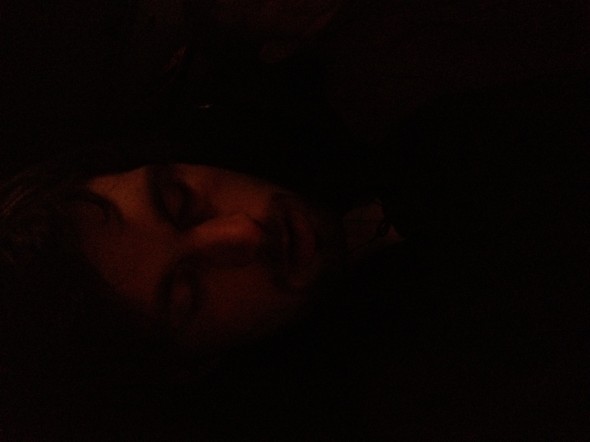Bekaset’s pregnancy progressed normally until she went into labor. As she labored, her pelvis was too small to deliver the baby, and the baby became wedged in her birth canal. She knew something was terribly wrong, but she lived far from any health care and there were no midwives in her village who could help her. Her labor became obstructed, and the contractions forced the baby lower and lower into her birth canal. The relentlessly intense pressure eventually tears her uterus open, and the baby quickly dies.
Had Bekaset not heard good reports about Mota Hospital, had she not made the decision to leave her safe and comfortable home in her village of Debrework to try to find help here, had she not felt physically able to make the long bus and foot trek to Mota Hospital, had the men in her life not supported this journey by carrying her as she labored, had she suffered in silence like so many Ethiopian women do, she would be dead today. This would have left her children motherless and her weary, loving husband, who toils all day in the fields, uncared for. It is apparent in the eyes of her husband, Niguss, that he is desperate for her to live. He looks at her tenderly, his fingers slowly stroking the edge of her blanket. Words are unnecessary at times such as these, and cultural differences disappear. His pleading, yearning, silent eyes say everything. They will haunt me for life.
Instead, Bekaset is now under the care of skilled midwives and our medical team. A decision is swiftly made to remove the dead baby and her uterus, so she does not perish. Her surgery proceeds without issues, and her recovery is quick.
Days pass, and it is now time to go home. Her husband and father, who have been patiently caring for her and bringing her food during her days of recovery, are there to walk with her to the bus terminal. Her face is drawn; she has lost the baby she had come to know within her, and she also realizes that she will never bear another child. Yet, there is a deep respect for those who helped her here at Mota Hospital: she is alive, well, and able to return to her other children and household duties.
We give her a pair of donated KEEN shoes to make her walk home a bit more comfortable, and I watch as her family take tiny steps behind her to ensure that she is supported. The love is so apparent, more so than I have witnessed in many recent years of observing my own culture. They know what Mota Hospital has done for their lives, and without words, we all know why we came here.
Eyes speak, hearts leap, hands join.





































